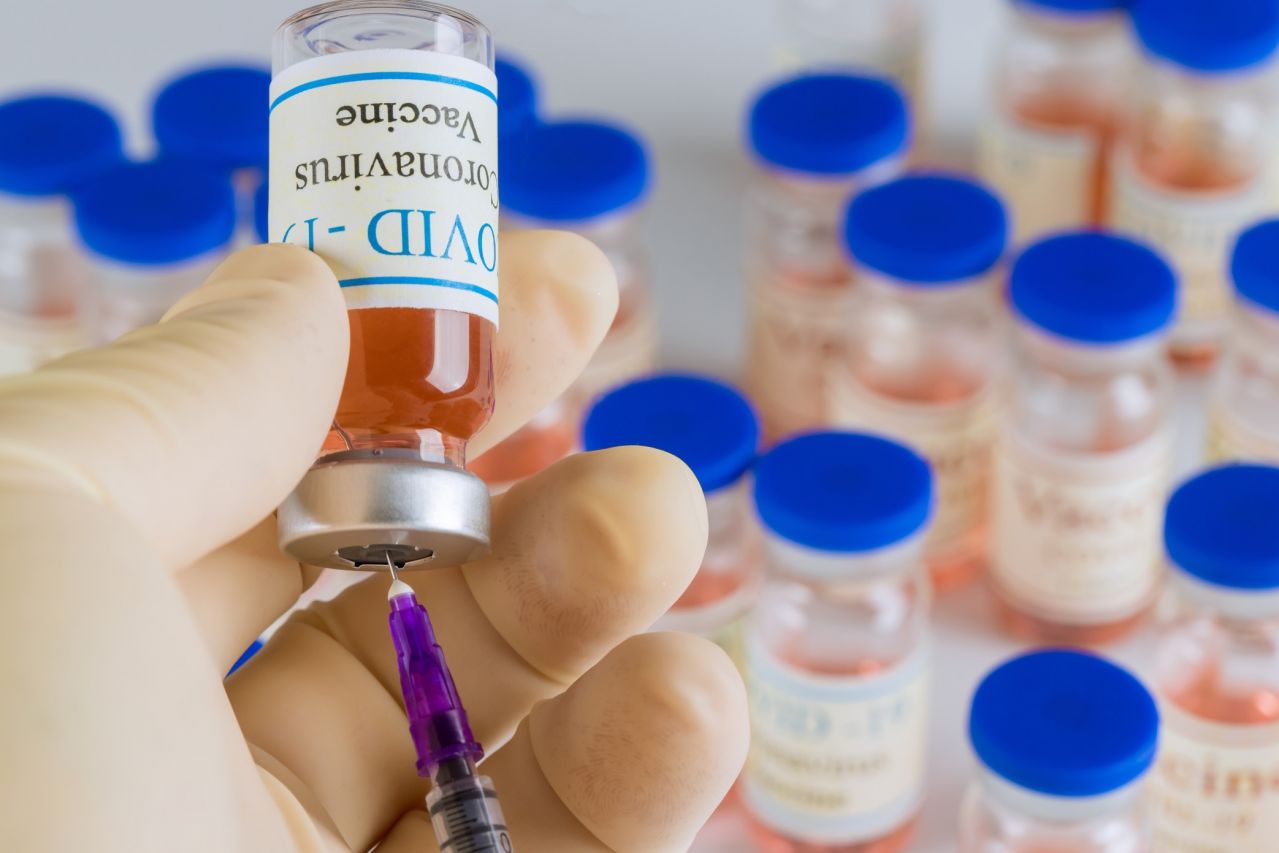Three vaccines compared

More than 10 potential coronavirus vaccines’ clinical trials made it to Phase III, the last stage before regulatory agencies approval. The international community has its eyes especially on three of them: Pfizer, Moderna and Oxford-AstraZeneca. It should be remembered that Pfizer was the first vaccine approved by the WHO. There are big differences between the three most advanced candidates’ vaccines against Covid-19.
Vaccines are distinguished in factors such as their price and their storage temperature, among other important variables. To get started, the price differences between the three vaccines are huge: the one developed by the University of Oxford and AstraZeneca costs around three euros per dose; the American multinational Pfizer and the German biotechnology company BioNTech vaccine exceeds 15 euros per dose; and the one created by the American company Moderna reaches 21 euros per dose, seven times more than Oxford’s vaccine. In addition, carrying out the Covid-19 vaccines to different parts of the world implies a logistical challenge with few precedents. The storage temperature of each of them is a key issue.
Oxford University explains that their vaccine is kept in the refrigerator, at temperatures between 2 and 8 degrees, and therefore can be distributed using existing channels for other vaccines. The Pfizer injection, however, requires very cold temperatures, around 70 degrees below zero, a problem that the company will try to solve by using containers of dry ice that can keep the vaccine for 15 days. Meanwhile, Moderna's is in the middle. Their experimental vaccine remains stable for at least six months at 20 degrees below zero and lasts 30 days in the refrigerator, with temperatures between 2 and 8 degrees.
Importantly: the three experimental vaccines’ teams have claimed efficacy between 90% and 95%, but there are nuances between them. Oxford University was the first to announce its effectiveness, which reached up to 90%. Meanwhile, the Pfizer and BioNTech vaccine has been the first to offer an efficacy figure -95%- with full statistical validity, thanks to a trial with about 44,000 participants and 170 infections among them. Meanwhile, Moderna announced an efficacy of 94.5%, according to the first analysis of a trial with 30,000 people in the United States.
In all the cases, the results are preliminary and are rapidly changing. New measurements and new studies are confirming new efficacy percentages of each vaccine data. It should be added that the three vaccines require two doses, 21 days apart, in the case of Pfizer, or one month, in the case of the Oxford and Moderna. As the world tries to defeat the Covid-19 virus -which has created a global pandemic- is key to being proactive as the virus evolves.
It means the importance of reinforcing confidence in the vaccines manufactured against Covid-19, and that they can be refined to protect us against the newly detected virus variants.
Stay Connected
Featured Properties
14
Houses For Sale Tala
sq/m²
2,020€
2-bed, 1-bath townhouse in Tala, Paphos, with sea views, terraces, garage, communal pool, and AC.
-88%
Opportunity!10
Houses For Sale Vasa Koilaniou
sq/m²
531€
160 m² built • 242 m² land
Traditional stone built house in Vasa Koilaniou for sale


















